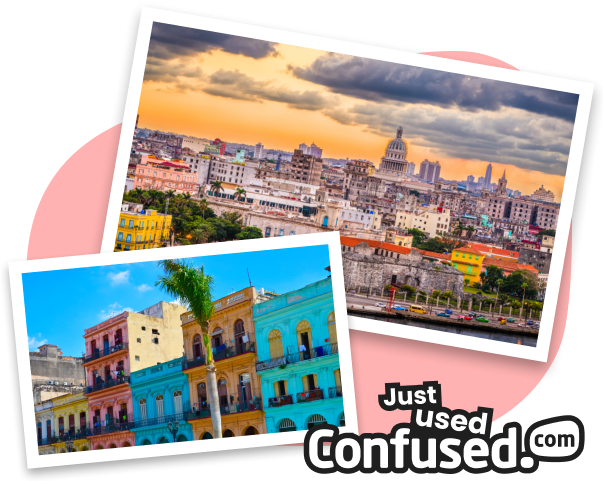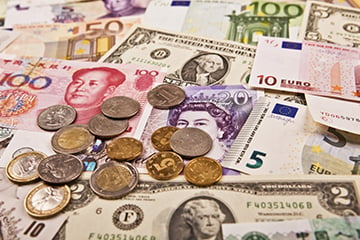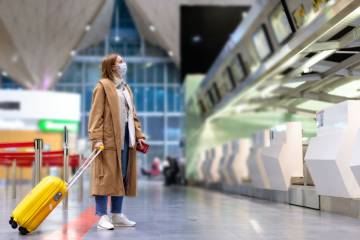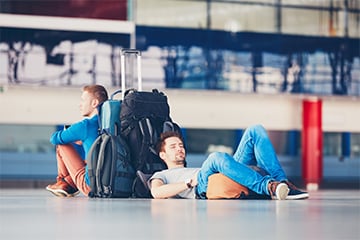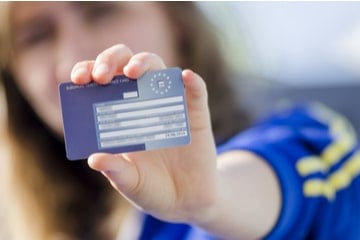How much does Cuba travel insurance cost?
Costs can vary depending on the type of the cover you want, as well as your personal circumstances. If you've got any pre-existing medical conditions, you might end up paying more. You could also see a more limited selection of insurers. Here are some examples of policies and how much they cost:
| Policy type |
Price |
|
Single trip travel insurance
|
£16.652
|
|
Annual travel insurance
|
£32.253
|
|
Backpacker travel insurance
|
£137.754
|
If you're purchasing annual or backpacker travel insurance, you'll need to select 'Worldwide (including the US, Canada, Caribbean & Mexico)'. To check that Cuba is covered, you can click 'More info' on the quotes page and type your destination in. We'll then let you know whether the policy you've selected covers Cuba.
2The cheapest price for single-trip travel insurance. Based on 1 adult aged 30 with no pre-existing medical conditions, travelling in Cuba for 1 week. Confused.com data, October 2025.
3The cheapest price for worldwide annual travel insurance (including the US, Canada, Caribbean and Mexico). Based on 1 adult aged 30 with no pre-existing medical conditions. Confused.com data, October 2025.
4The cheapest price for worldwide backpacker travel insurance (including the US, Canada, Caribbean and Mexico). Based on 1 adult aged 30 with no pre-existing medical conditions, travelling for 3 months. Confused.com data, October 2025.
